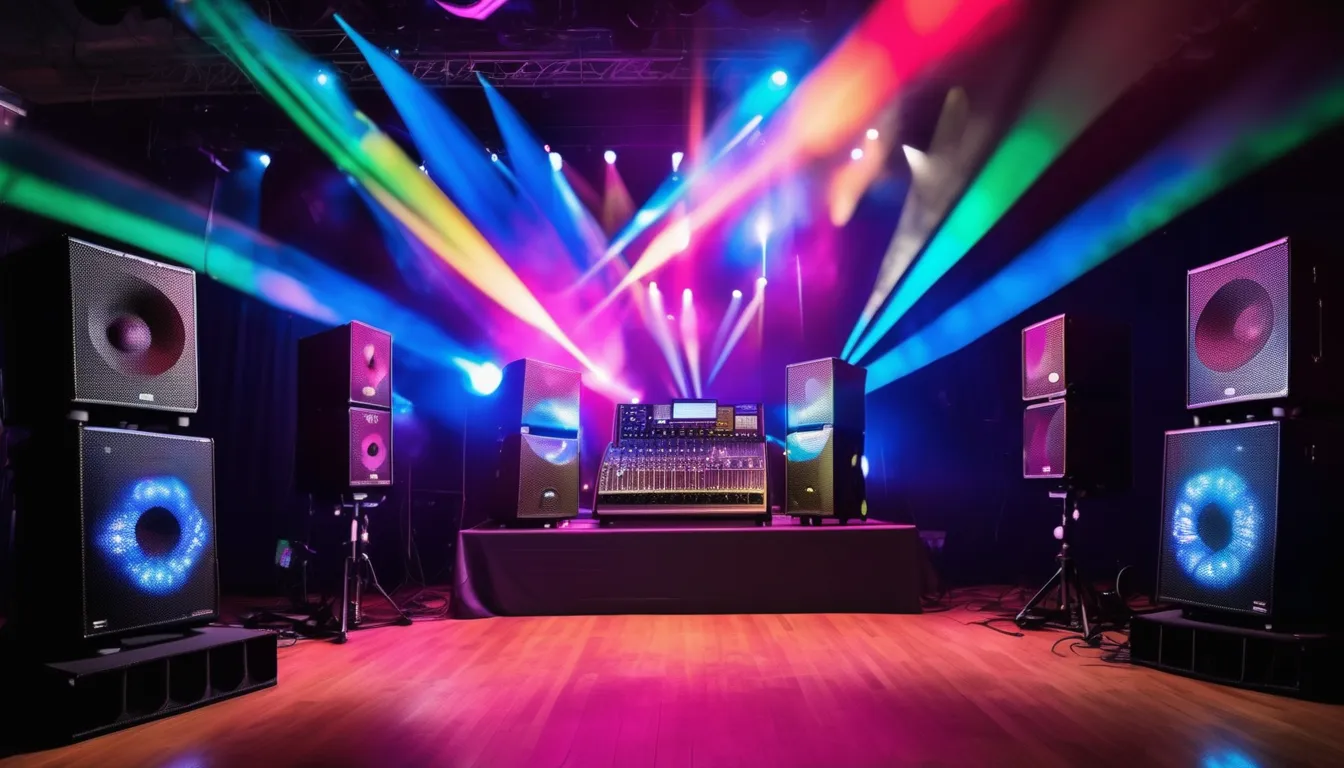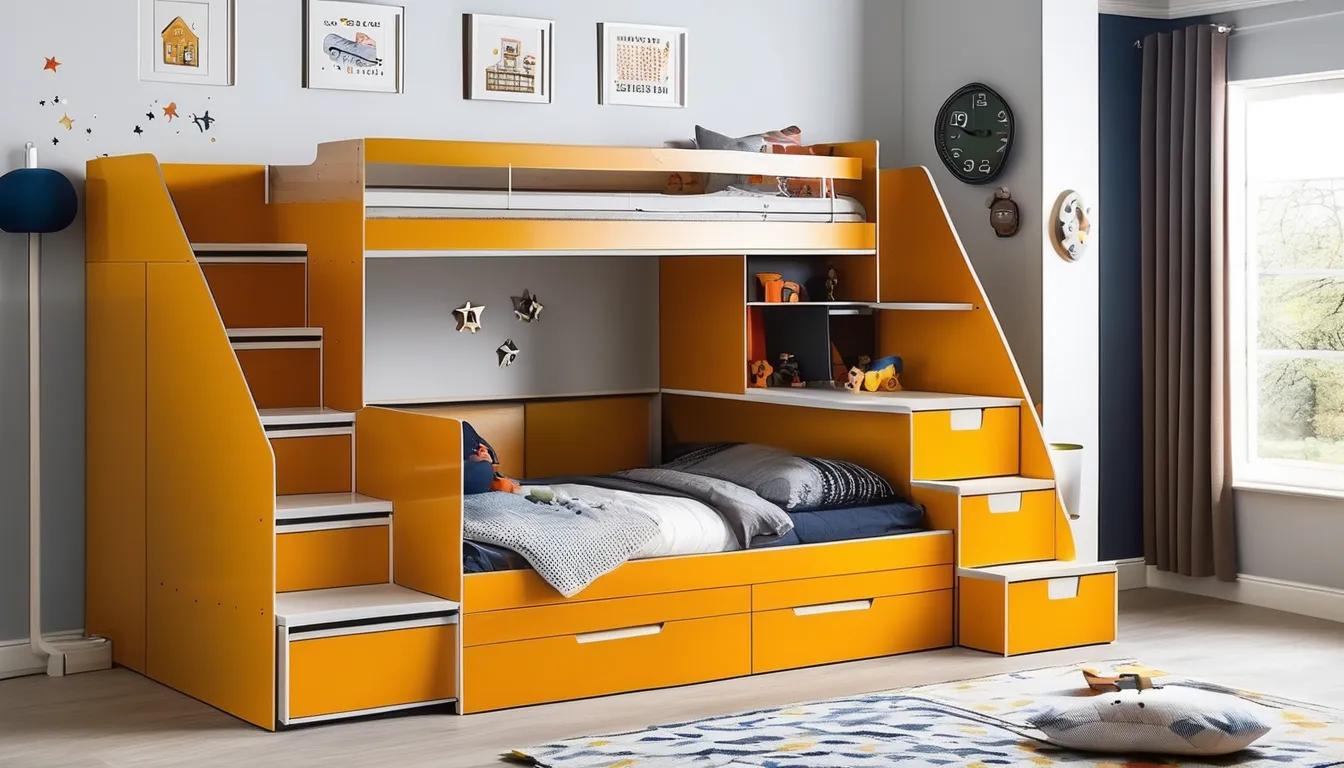When you’re planning an event, managing rentals can feel overwhelming, but it doesn’t have to be. Start by clearly assessing your event’s needs, from the type of gathering to the specific items required. Setting a realistic budget is crucial, as it’ll guide your decisions moving forward. Once you’ve nailed down these basics, you might wonder how to efficiently research local rental options and ensure everything’s available on your timeline. Understanding these steps can significantly impact your event’s success, but there’s one key factor that often gets overlooked—let’s explore that next.
Assess Your Event Needs
Before diving into the rental process, it’s crucial to assess your event needs thoroughly. Start by identifying the type of event you’re hosting—whether it’s a wedding, corporate gathering, or birthday party. Each event type has unique requirements that will guide your rental choices.
Next, consider the venue. Is it indoors or outdoors? What’s the capacity? Understanding the space helps you determine how many guests you’ll accommodate and what rentals are necessary. Make a list of essential items, such as tables, chairs, and linens.
Think about the style you want to project; this will impact your rental selections. Don’t forget to factor in any equipment like sound systems, lighting, or staging. If your event includes activities, ensure you have the necessary supplies, such as tents or games.
Assessing your event needs also involves considering the timeline. When will you need the rentals delivered and picked up? Knowing this helps prevent last-minute stress.
Set a Budget
Setting a budget is a vital step in the rental planning process for your event. Without a clear financial plan, you risk overspending or missing out on essential items. Start by determining your overall budget, then break it down into specific categories to ensure you cover all bases.
Here are four key areas to consider when setting your rental budget:
- Venue Costs: Factor in any rental fees associated with the venue, including deposits and insurance.
- Equipment Rentals: List essential items like tables, chairs, tents, and audiovisual equipment. Research their rental costs to get an accurate estimate.
- Decor and Accessories: Consider decor items that enhance your event’s theme, such as linens, centerpieces, and lighting.
- Delivery and Setup Fees: Don’t forget to account for delivery charges and any labor costs for setting up and dismantling the rentals.
Once you’ve outlined these categories, allocate a specific amount to each. This way, you’ll maintain control over your spending and ensure you have everything you need for a successful event.
Stick to this budget, and you’ll be on your way to planning like a pro!
Research Rental Options
When planning your event, exploring various rental options is crucial to finding the best fit for your needs and budget. Start by identifying what items you’ll need, whether it’s tables, chairs, tents, or audiovisual equipment. Make a list to ensure you don’t miss anything essential.
Next, research local rental companies. Check their websites and online reviews to gauge reliability and quality. Don’t hesitate to ask for recommendations from friends or colleagues who’ve organized events before.
Once you’ve narrowed down your options, reach out for quotes and availability.
When comparing quotes, consider not just the price, but also what’s included in the rental. Some companies may offer delivery, setup, koloneliu nuoma vilniuje pickup services at no extra cost, while others might charge additional fees.
Also, inquire about the condition of the rental items. You want to ensure everything looks great and works properly on the day of your event.
Lastly, don’t forget to clarify the rental terms and conditions, including deposit requirements and cancellation policies. This research will help you make informed decisions and create a successful event.
Create a Rental Timeline
Creating a rental timeline is essential to ensure everything runs smoothly on the day of your event. By planning ahead, you can avoid last-minute surprises and keep your stress levels in check.
Start by outlining key deadlines and milestones to guide your rental process.
Here’s a simple timeline to help you stay on track:
- Three Months Before: Finalize your guest list and select rental items based on your needs. This is when you should reach out to rental companies for quotes.
- Two Months Before: Confirm your rental choices and place orders. This allows time for any changes or adjustments you might want to make.
- One Month Before: Schedule delivery and pickup times with your rental company. It’s important to coordinate these times with your venue to avoid overlaps or conflicts.
- One Week Before: Double-check your order and make sure all details are in place. This is also a good time to communicate any last-minute changes.
Following this timeline will help you stay organized and ensure you have everything you need when your big day arrives.
Confirm and Finalize Orders
Before your event arrives, it’s crucial to confirm and finalize your rental orders to ensure everything is in place.
Start by reviewing your rental list carefully. Check that you’ve ordered the right quantities and the correct items—no one wants to find out they’re short on chairs or tables last minute.
Next, reach out to your rental company. Confirm the details of your order, including delivery times, locations, and any special instructions. Don’t hesitate to ask questions; clarity is key to avoiding misunderstandings later.
Once you’ve verified everything, make sure to get a confirmation in writing. This will protect you in case any discrepancies arise.
If you’ve made any adjustments to your order, keep a record of those changes as well.
Conclusion
By following these steps, you’ll be well on your way to planning rentals for your event like a pro. Assess your needs, set a budget, and explore rental options to find what suits you best. Keep a timeline to stay organized, and don’t forget to confirm all your orders to avoid last-minute surprises. With careful planning and attention to detail, you can ensure your event runs smoothly and impresses your guests. Happy planning!





